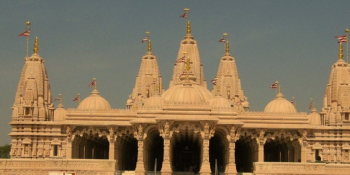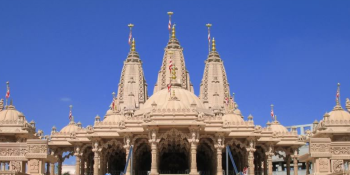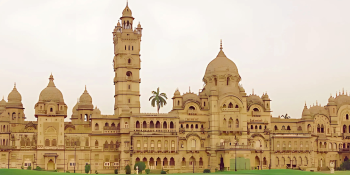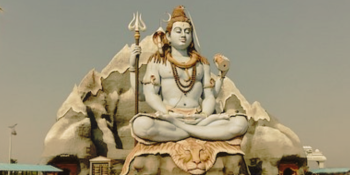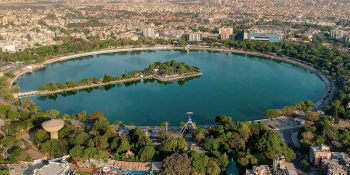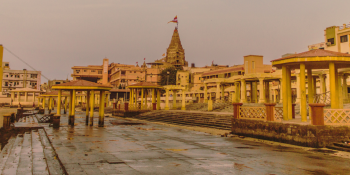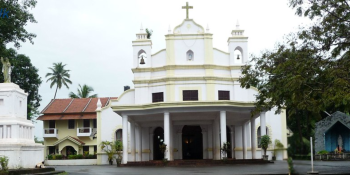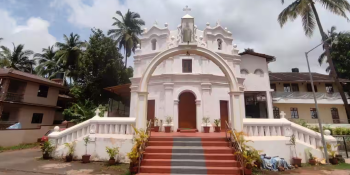Traveling through time via historical reenactments and living history experiences offers a unique window into the past, allowing participants to immerse themselves in bygone eras. These activities not only entertain but also educate, offering insights into different cultures, customs, and ways of life. In this exploration, we’ll delve into the significance, types, and impact of historical reenactments and living history experiences.
Significance:
Historical reenactments and living history experiences hold immense significance in preserving and presenting history. They bring the past to life in a tangible way, allowing people to engage with history beyond textbooks and documentaries. By witnessing historical events reenacted before their eyes, participants gain a deeper understanding of the challenges, triumphs, and everyday life of people in different time periods.
These experiences also serve as a form of cultural heritage preservation, ensuring that traditions, skills, and knowledge from the past are not lost to time. By actively participating in reenactments, individuals learn traditional crafts, cooking methods, and social customs, keeping historical practices alive for future generations.
Types:
Historical reenactments and living history experiences come in various forms, catering to diverse interests and historical periods:
- Battle Reenactments: These reenactments recreate famous battles, such as the American Civil War, World War II, or medieval conflicts. Participants dress in period-accurate uniforms and equipment, using authentic tactics to recreate the intensity and drama of historical warfare.
- Living History Museums: These museums offer immersive experiences where visitors step back in time to explore recreated historical settings, such as colonial villages, frontier forts, or ancient civilizations. Costumed interpreters portray historical figures, demonstrating daily activities and engaging visitors in interactive experiences.
- Historical Festivals and Fairs: These events celebrate specific historical periods or cultural traditions through performances, demonstrations, and exhibits. Visitors can enjoy music, dance, food, and crafts from different eras, fostering a sense of connection to the past.
- Civilian Reenactments: Beyond battles, civilian reenactments depict everyday life in historical periods, showcasing activities like farming, cooking, and craftsmanship. These reenactments provide insights into the social and economic dynamics of past societies.
- Educational Programs: Many schools and educational institutions incorporate living history experiences into their curriculum to supplement classroom learning. Students have the opportunity to interact with historical figures, participate in hands-on activities, and gain a deeper appreciation for the complexities of history.
Impact:
Historical reenactments and living history experiences have a profound impact on participants and audiences alike:
- Educational Value: By engaging all the senses, these experiences offer a dynamic form of education that appeals to people of all ages. Participants learn not only about historical events but also about the human experiences behind them, fostering empathy and understanding.
- Cultural Enrichment: Experiencing different time periods and cultures firsthand fosters cultural appreciation and diversity. Participants gain a greater respect for the customs, traditions, and contributions of various societies throughout history.
- Community Building: Historical reenactments often involve close-knit communities of enthusiasts who share a passion for history. These communities provide opportunities for friendship, collaboration, and skill-sharing, enriching the social fabric of participants’ lives.
- Preservation of Heritage: By actively preserving and promoting historical knowledge and skills, reenactments contribute to the conservation of cultural heritage for future generations. They ensure that the lessons and legacies of the past continue to resonate in the present.
historical reenactments and living history experiences offer more than mere entertainment; they provide invaluable opportunities to connect with the past in meaningful ways. Whether participating in a battle reenactment, exploring a living history museum, or attending a historical festival, individuals can journey through time, gaining insights, appreciation, and a deeper connection to the rich tapestry of human history.

